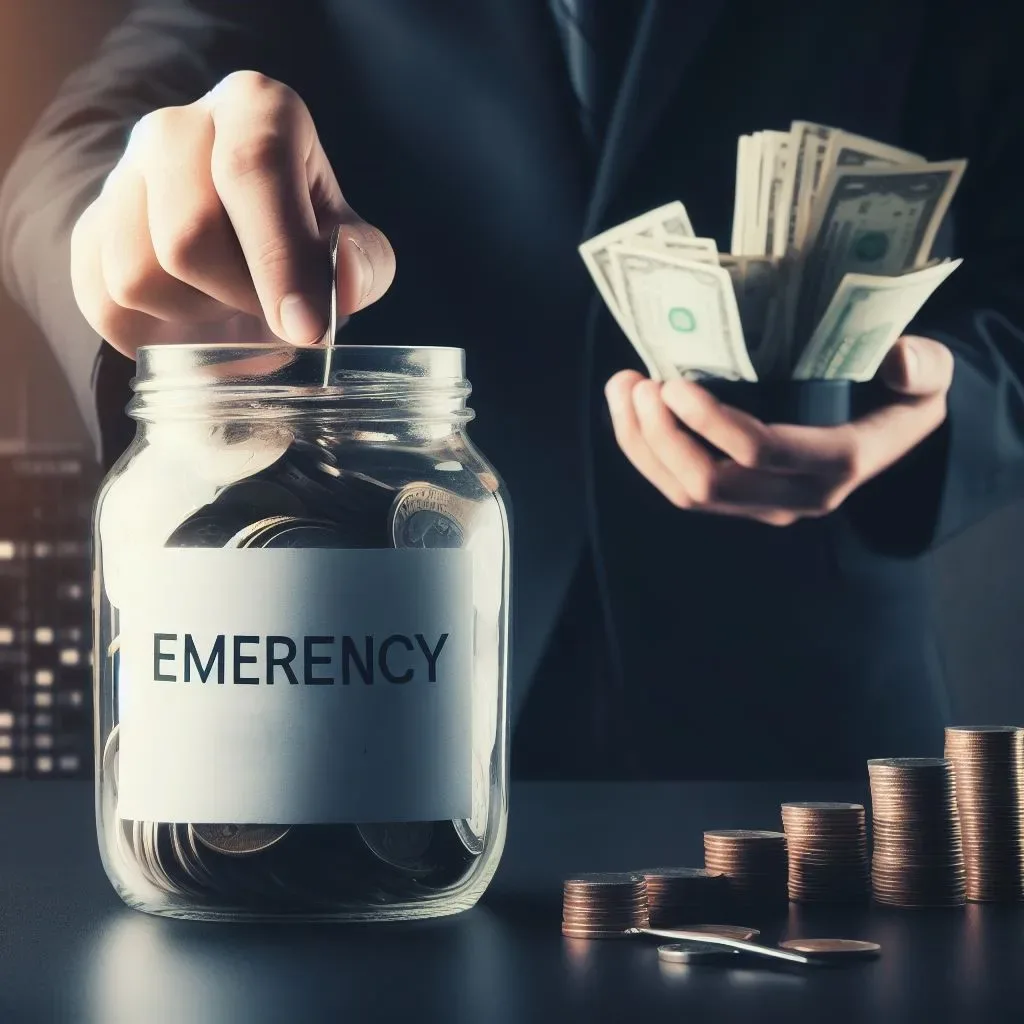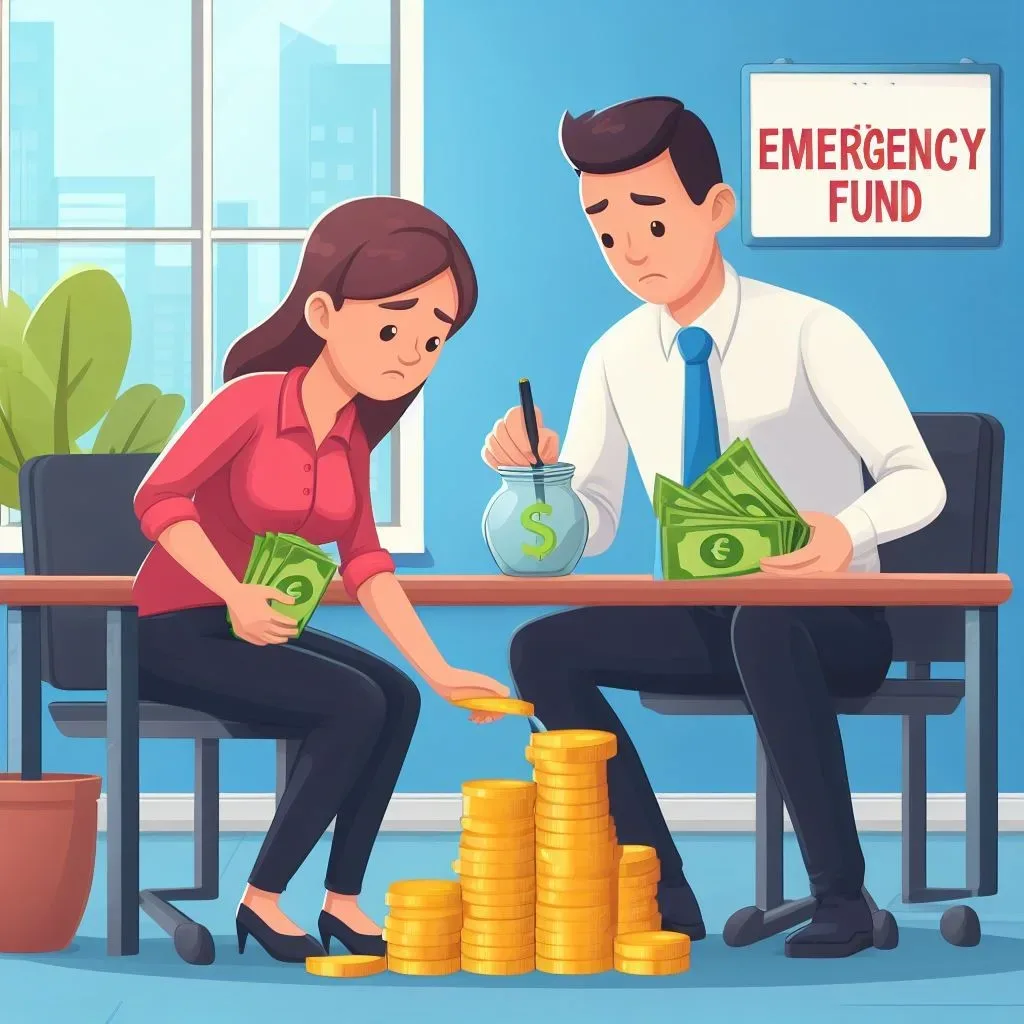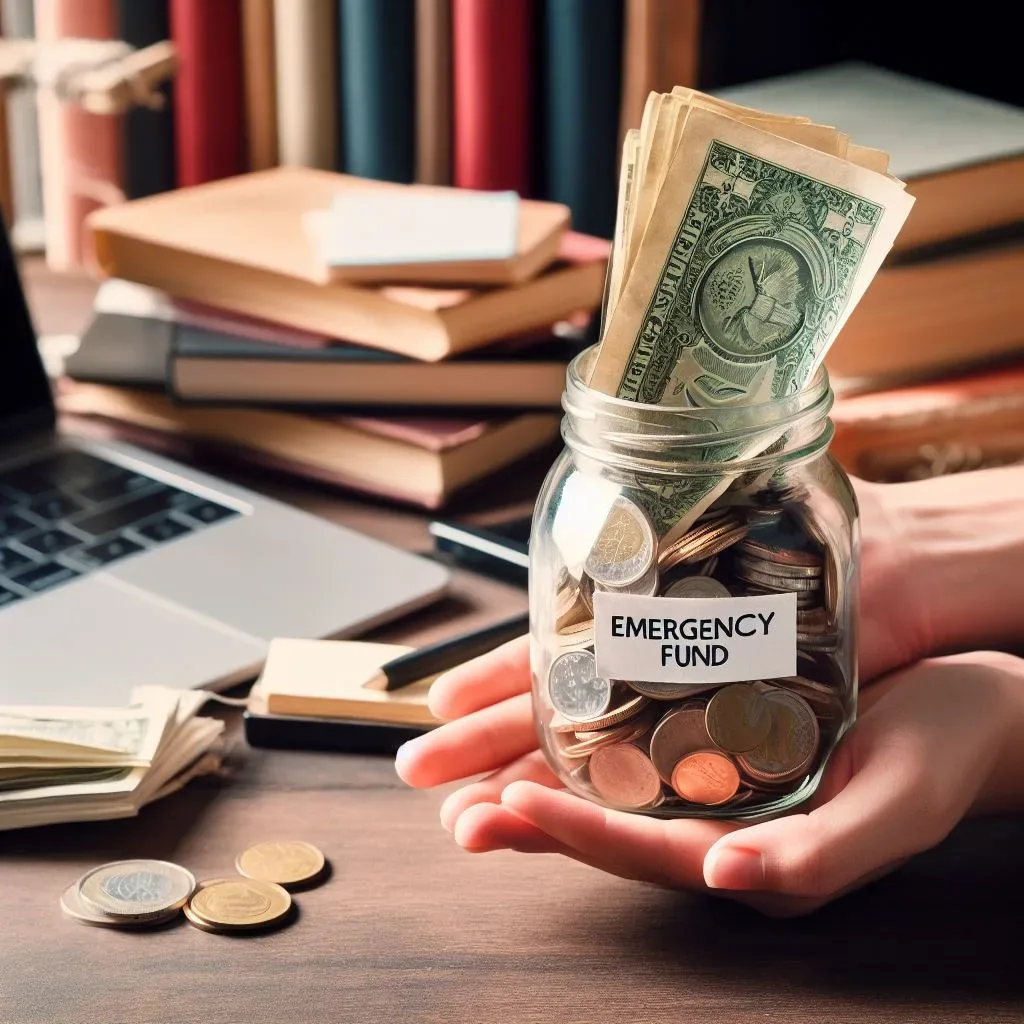Emergency Fund Guide | Why I need Emergency Funds | How much Money Should You Put in Emergency Fund
Life is very uncertain and full of surprises which are not always pleasant. We all have experienced such unexpected moments from sudden medical bills to our car breakdown at worst possible time. Having a fund which can be used in such times can be lifesaving. In this article we will discuss What is an Emergency fund, how much Emergency Fund one needs and where can you store Emergency Fund.
Table of Contents
What Is Emergency Fund
An Emergency Fund is a fund one creates to safeguard his future from some uncertain life events. Emergency fund can act as a cash reserve, from which one can withdraw cash to pay their emergency expenses. Before we go any further, let us define what an emergency expense is.
Emergency situations are some uncertain events and one does not plan for, such events can be medical emergency, Job loss, urgent bill payment, or car repair arrives.
One should have sufficient cash reserve in place so that he can pay for such expenses without having negative effect on his financial journey.

To define an situation as an Emergency situation, we can use 3 factors for evaluation 1 It must be unexpected, It should be unavoidable in nature and It should be urgent. If it ticks all three boxes, then we can consider the situation as an emergency.
For example, If you lost your Job with no additional income source and you have to pay your medical expenditure, this situation can be called as an emergency. These are precisely the types of situations your emergency fund is designed to handle.
How much should I save In Emergency Fund ?
How much should I save in Emergency fund is a common question you would have and financial experts have various opinions and approaches to handle this question.
A common recommendation is to save at-least 3 to 6 months’ worth of your fixed expense in your Emergency Fund. Fixed expenses can include your Rent, Utilities Bill, Groceries, Insurance, and any ongoing Debt payments etc.
If you save 3 to 6 Months’ expenses as your emergency fund will provide you a reasonable cushion to handle your expenses and unexpected setbacks.

One should also consider his employment safety at his current organisation, i.e if his current organization do not layoff their employees and provide safe employment then in this case one can go with minimum emergency fund. However if his employer do constant layoff depending upon business needs, then in this case he needs to make a larger contribution towards his emergency fund.
One should keep in mind that everyone’s situation is different and depending upon his circumstances he may need to save more or save less. Factors like having more dependents or low employment confidence may need larger emergency fund then having less dependents. Additionally your Health and the coverage of you insurance coverage plays an essential role in designing your emergency fund.
We at NewsandWealth.com would recommend having at-least 12-16 Months of expenses in your Emergency Fund.
When you calculate your emergency fund target and decide final amount, this target might seem daunting and impossible to achieve at first. However, one has to consider that Rome was not built in a day and your emergency fund won’t be built in a day either.
One must plan smartly, start small and work consistently towards achieving his goal towards his saving process.

You may also like to read
Click here > 5 Major Assets classes you should invest your money
Click Here > 8 Money Habits Keeping You Broke
Where can you save your Emergency Fund ?
Once you decide to save for Emergency fund and decide the amount required in this fund, you would need some suggestions on the instruments available to park your money in. We will suggest some of the in instruments available to save your Emergency fund.

> High-Yield Savings Accounts: The Safe and Accessible Choice
High-Yield Savings Accounts are the most popular option for parking your Emergency Fund. A High-Yield Savings Accounts is just a regular saving account with extra interest rate as compared to traditional saving accounts. For comparision, the current average interest rate for regular account in United States is mere 0.42% APY, however in High-Yield Savings account the interest rate offered is upwards of 4%.
> Money Market Accounts: Balancing Access and Control
Money Market Accounts are another option to consider for your emergency fund. A Money Market Account is a hybrid account that combines features of both saving as well as checking account, this offers you with more control over your funds. It’s important not to confuse money market accounts with money market funds, which are investment vehicles.
Money Market Accounts are typically FDIC or NCUA insured, ensuring that your money is safe and do have features like debit card access and check-writing privileges.
> Certificate of Deposits (CDs): A Fixed-Rate Alternative
Certificate of Deposits (CDs) provides fixed-rate and a higher interest option to its investors. In CD’s the investor invests their money for a fixed period, in return the financial institution will provide a higher return then a conventical saving account. Traditionally longer the term, higher will be the Annual Percentage Yield (APY) for the investor.
> Savings Bonds: A Unique Option with Restrictions
Savings Bonds do offer a unique way to protect your money and to generate returns to keep in pace with inflation. Savings Bonds are government issued securities which are issued to be subscribed by public or institutions. However, there are some restrictions on Savings Bonds. One such restriction is that you cannot withdraw money within first year of investment. If you decide to withdraw your money within the first five years then you’ll incur a penalty.
You can buy U.S. Savings Bonds here > TreasuryDirect.gov
> Investing Accounts: A Risky Component of Emergency Funds.
Investing accounts offer much higher returns to its investors, but at the risk of equivalent risk and losses. Investing accounts specific accounts which are used by an individuals or an organization to purchase and hold assets such as stocks, Bonds, Mutual funds, Exchange-traded funds (ETFs), real estate, and more.
Such accounts do hold higher risks of losses then one we discussed above, and due to this nature of risk, investing accounts are not preferred to be used as a emergency fund instrument.
Conclusion for Emergency Fund
To conclude today’s article, we can say that opting to have an Emergency Fund is a very crucial decision one should take to safeguard his financial future. Having adequate Emergency fund not only provides financial stability to your future but also provides you with peace of mind and sense of security.
An essential point to remember is that, your earnings and lifestyle will evolve with time and you should always consider reviewing your Emergency fund and upgrade your Emergency fund.
Hope you liked our article, please share your thoughts or queries down in comment section. We will circle back to you as soon as possible. Thank you for reading, Happy Finance !
Investopedia’s article on Emergency Fund > Click here













